Food
Sugar alternatives: our baking guide
by Emma Hughes

Have you noticed the whole new crop of sugar alternatives in the baking aisle? What are they, what do they taste like and, most importantly, do they make a decent bake?
We all know that we should try to cut back the amount of refined sugar we eat; and the new generation of natural alternatives are worth a look. You can usually use less of them, and they are often slightly lower in calories than regular caster sugar and many have a comparatively low glycemic index (GI), so they’ll keep your blood sugar stable for longer after you’ve eaten them. But if you’re baking with them, can they hold their own? ‘Lots of sugar alternatives are delicious and easy to work with,’ says Henrietta Inman, Instagram star and author of Clean Cakes (Jacqui Small, £20). ‘I was inspired to make my baking a bit more natural. I love butter and sugar, but unprocessed sweeteners can be more flavoursome.’
Remember that sugar alternatives behave slightly differently to regular caster sugar once you get them in the oven – if you’re building your baking confidence, pick a recipe that has been written with your chosen alternative in mind. Or, if you feel up to making a few tweaks to an old favourite, we’ve given you some pointers here.
Before you reach for your wooden spoon, though, Henrietta has a word of caution. ‘They’re still sugars, which means they’re to be enjoyed as part of a healthy diet, rather than poured and sprinkled over everything,’ she says. A cake made with maple syrup isn’t going to miraculously help you drop a dress size, but it will taste delicious.
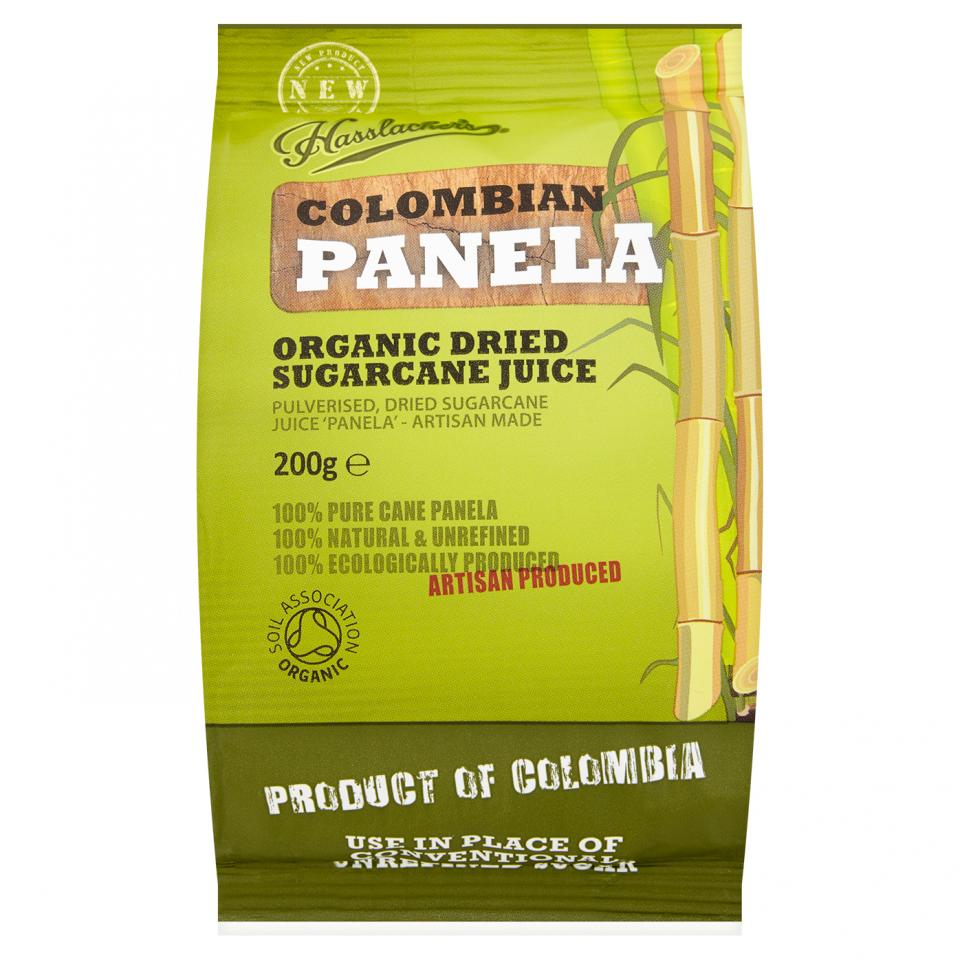
Panela
A low-GI sugar, this is one of Colombia’s best-kept secrets. Sugar cane crops are pressed to extract juice, which is filtered, reduced and ground once cool. It contains nutrients, including phosphorus, potassium, calcium, magnesium and iron (although you’d have to eat a huge quantity to get the benefits). Use it in place of brown sugar.
Try it in: Blondies for a caramel flavour
Buy: Hasslacher’s Colombian Panela, £2
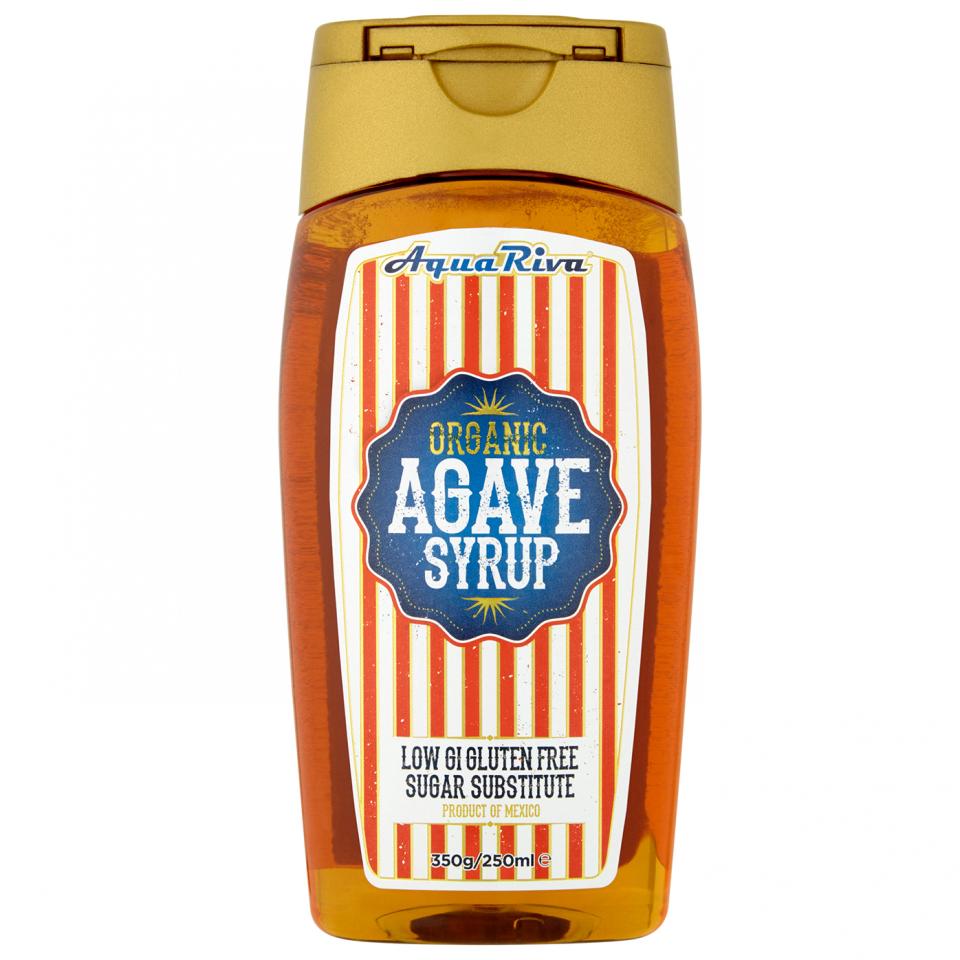
Agave
Hailing from Mexico, agave syrup is versatile and has a long shelf life as it doesn’t crystallise. It’s higher in fructose than caster sugar, so best used in small quantities. It’s a good swap for honey if you’re cooking for a vegan. Make sure you line your tin properly, as bakes made with agave can be sticky, and reduce the oven temperature by around 10°C.
Try it in: Apple crumble
Buy: AquaRiva Organic Agave Syrup, £3
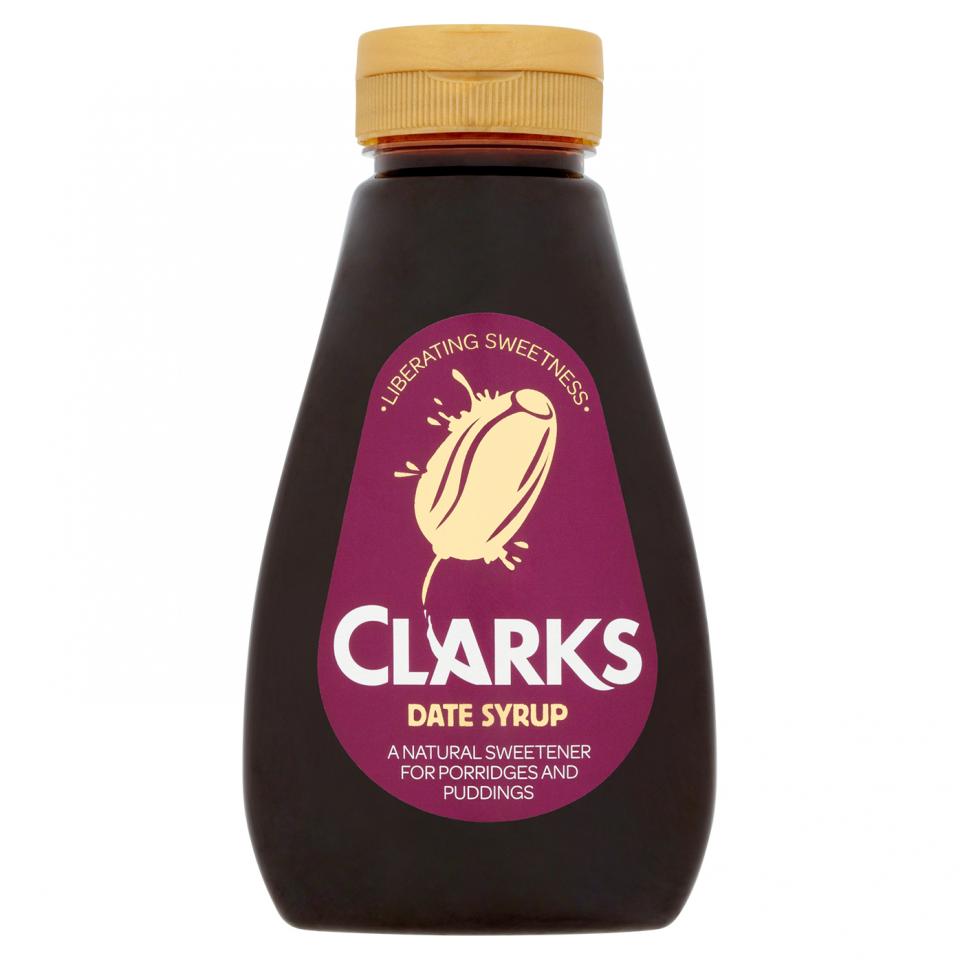
Date syrup
This staple of Middle Eastern cooking is lower in calories than caster sugar (around 28 per 10g, compared to 40), makes for deliciously squidgy bakes and has a treacly flavour that brings out the best in chocolate, nuts and bananas. If you’re adapting a recipe that calls for caster sugar, use about a third less.
Try it in: Breakfast bars, packed with oats and blueberries
Buy: Clarks Date Syrup, £2.50

Stevia
Stevia, which is extracted from the leaves of the Stevia rebaudiana plant, is a zero-calorie sweetener. It doesn’t caramelise when heated, so gives a paler result. Use 50g of the granulated version in place of 100g sugar. It’s 300 times sweeter, so some experts worry it might give you more of a taste for sweet stuff in the long run.
Try it in: A lemon and poppy seed cake
Buy: Canderel Sweet Crunchy Stevia, £4.50
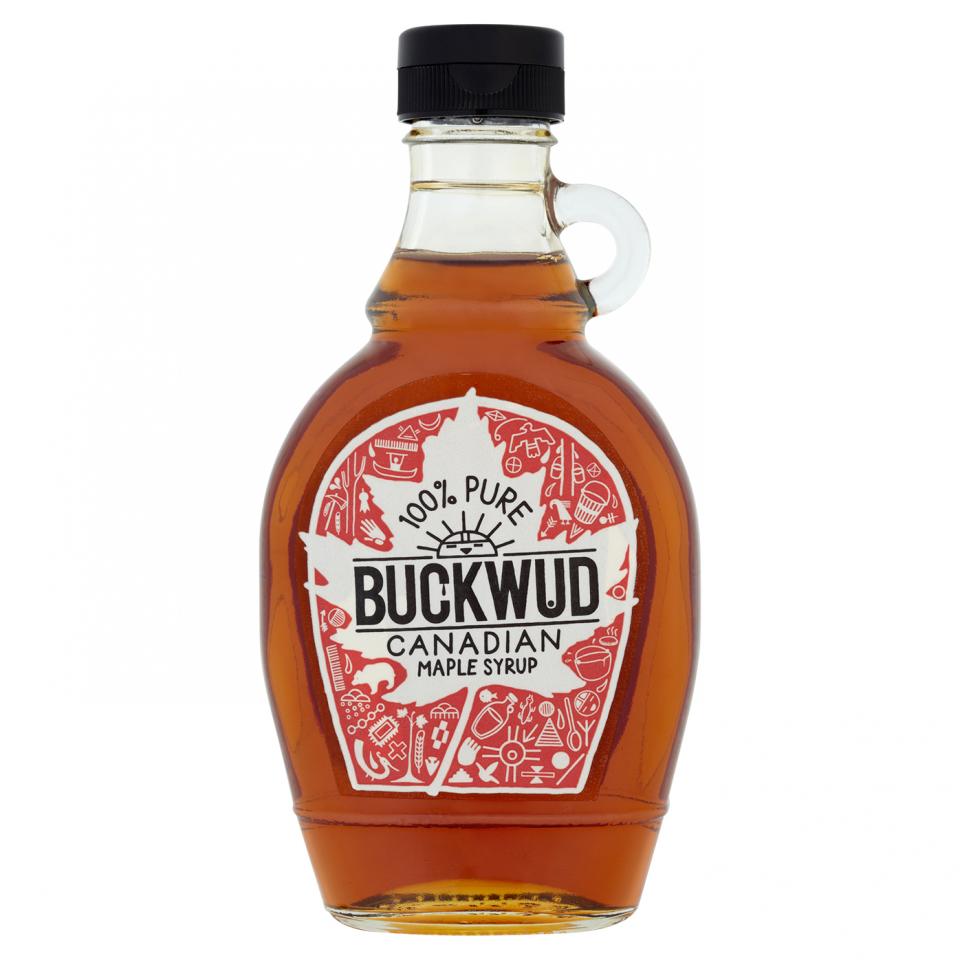
Maple syrup
With a uniquely mellow, oaky flavour, quality maple syrup is pricier than other sugar alternatives, so best saved for special-occasion baking. As with all liquid sweeteners, you’ll need to decrease the quantity of liquid in the recipe if you’re using it as a substitute for caster sugar – or just use it in place of golden syrup.
Try it in: Flapjacks
Buy: Buckwud Canadian Maple Syrup, £6
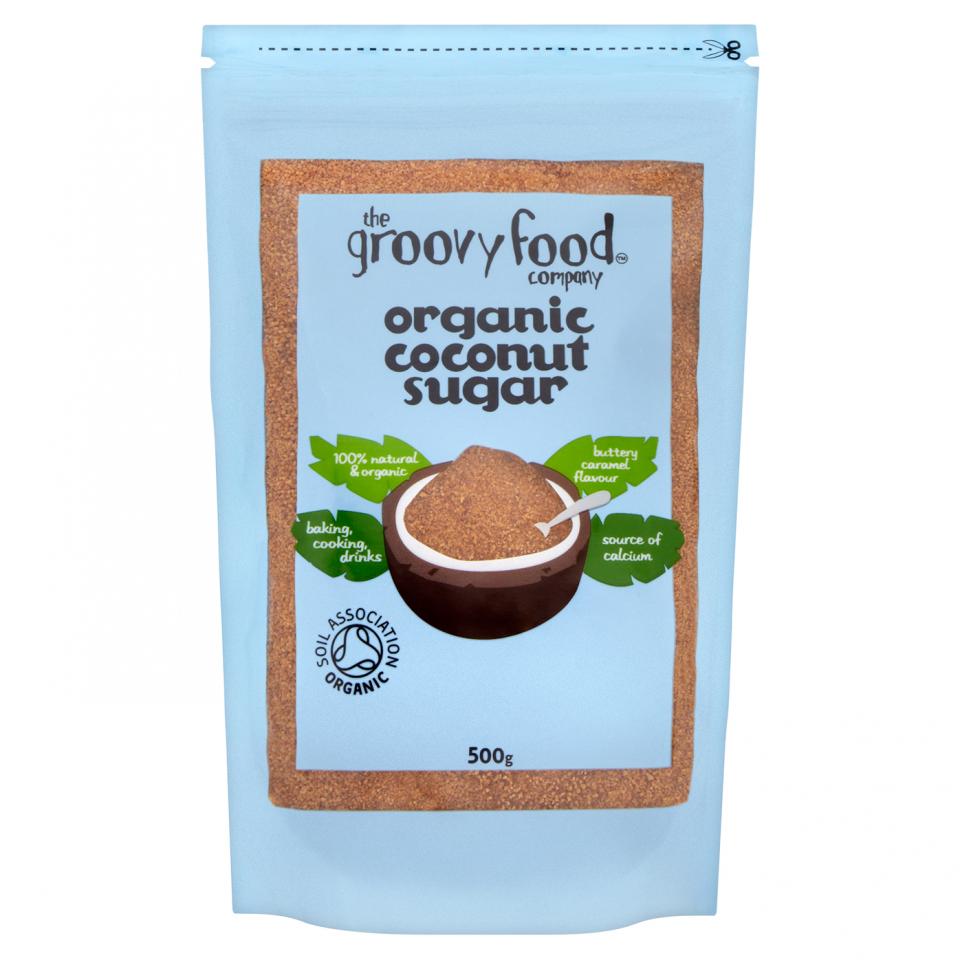
Coconut sugar
One of the easiest straight swaps for caster sugar, coconut sugar has been used in dishes in SouthEast Asia for thousands of years. It’s harvested from buds from the coconut palm, but doesn’t taste like coconut – more like brown sugar. It won’t weigh your sponge down, and there’s no need adjust your recipes.
Try it in: Double chocolate chip cookies
Buy: The Groovy Food Company Organic Coconut Sugar, £4












